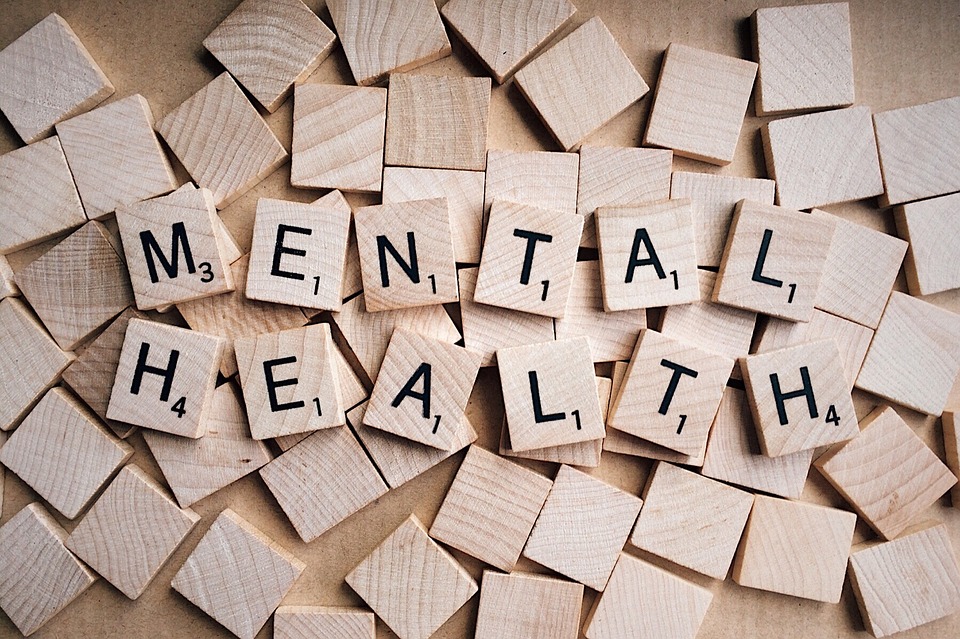
By Victor Bwire
The safety and protection physical, digital, and psychological of journalists and media practitioners is becoming a critical issue in discourses on press freedom and performance in Kenya for it borders on not only labour and occupational health rights, but more importantly on the human rights of this group Its incomplete to talk about the rights and welfare of journalists without addressing their mental health, given the risks and exposure to danger that comes with their job.
Highly stressed journalists and media practitioners have high dispensation to traumatize the whole country through the news they cover and present.
A number of journalists and media practitioners have been dispatched to report from the frontlines) in the recent past, while others given the nature of their work even in the offices are exposed to disturbing photos and video images, which in addition to stressful working conditions is weighing heavily on their mental and social wellbeing Journalists and media practitioners and creatives in the media, by covering the attacks and reviewing photos and videos of traumatic events, are exposed to vicarious trauma, which is likely to affect their personal wellbeing and professional output.
While responding to the increasing safety concerns for journalists reporting from the hostile environments, some media houses have done well, specifically establishing a safety focal point and strategy that includes purchasing insurance covers for the reporters, securing bullet proof vests and helmets and the extreme cases of embedding their journalists with the security forces, still some aspects of safety have been ignored.
The strides made on the physical protection front for the journalists in hostile environments needs to be supplemented with trauma/mental health strategy that deals with mental health issues for the journalists involved. This would include but not limited to psychological counseling sessions for such journalists with the aim of equipping them with skills of handling themselves when covering traumatic stories.
The aim of such in-house strategy is to enhance the physical and psychological safety, health, and wellbeing of Journalists to enhance the development of responsible and responsive journalism. Such sessions would provide the journalists with to overcome trauma, explore effects experienced and regulate any symptom developed from the event and provide skills and knowledge to deal with traumatic experiences as journalists while in the field.
The sight of dead bodies, injured colleagues and groaning survivors leaves a lot of traumatic feelings amongst the journalists. Several of them miss bullets or miss injuries narrowly. To most, the sight of dead bodies was frightening at first, but it became a norm due to exposure to similar situations.
Such pandemics like COVID 19 also exposed journalists to additional stress issues including being laid off, reduced revenue and related challenges to meet basic needs like rent, food, preventive equipment, food, health issues while a number were directly infected. Because of this, most journalists you meet or engage both physically or on social media, easily display anger, frustration, despair, absent mindedness, anxiety, bitterness, and feelings of not being appreciated by their employers and of media support groups including the regulator, the Media Council of Kenya.
Just belong to any media related social group, and you can easily pick this character. Several of them say they experience flash backs especially when they hear sounds like tire burst, smell roasted meat or see events that remind them of the traumatic experiences they have encountered.
Because of the feeling of not being cared and or appreciated, many are show don’t care attitude even when handling stories, rarely care about the legal or ethical implications of their actions/inactions when doing stories, which leads to either sanctions at place of work or huge legal costs incurred by their employers.
Health experts have severally indicated that lack of addressing them may lead to burn out and finally post-traumatic stress disorder. Once this happens, the productive of the affected journalists goes down; they suffer psychologically, and many times are relieved of their duties. As a response to such stress, many resort to alcohol and drug abuse; having multiple sexual partners; seclusion and snapping out on people even their bosses among others, which are killers to the young and upcoming professionals. The transition rates in media can relate to this stress.